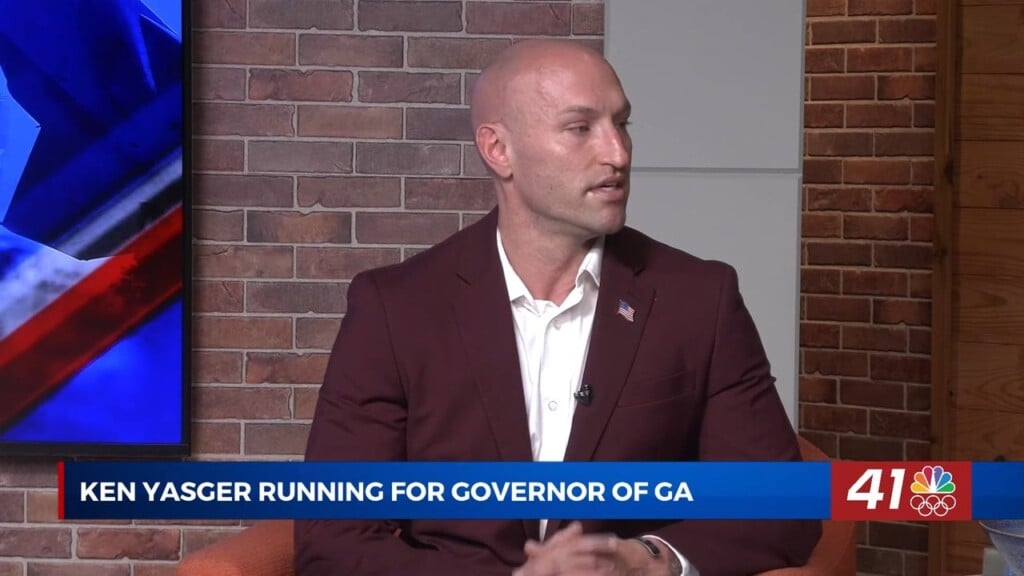Canada, Mexico pause retaliatory tariffs
Canadian businesses and consumers are beginning to turn away from American goods and trade partnerships.

CNN — As the U.S. threatens new tariffs, Canadian businesses and consumers are beginning to turn away from American goods and trade partnerships. Alberta Premier Danielle Smith acknowledged the impact of tariff threats, stating, “It’s just causing us to look for other places to buy our products.”
While President Donald Trump has delayed the 25% tariffs on many Canadian and Mexican imports, the uncertainty has already led to shifts in economic strategy. In response, Canada and Mexico have also paused some of their planned retaliatory measures. However, for many Canadians, the damage to trust has already been done.
“It’s been a wake-up call,” said Peter Xotta, president and CEO of the Vancouver Fraser Port Authority. “It’s been a wake-up call for Canadians that we need to figure out a way to not be as dependent.”
In an effort to reduce future trade instability, some Canadian businesses are turning to domestic producers, lightening their reliance on American imports. On the consumer level, boycott movements are gaining traction, with the online directory “Made in Canada” reporting a surge in web traffic as more people seek locally made products.
Darryl Lamb, a Canadian resident, voiced his concerns about the long-standing economic relationship between the two countries. “I’m just worried about this eternal relationship that we’ve had for 200-plus years being soured for four,” he said.
Although only about 1% of the U.S. gross domestic product is tied to exports to Canada, American companies could feel the strain if the tariffs go into effect next month. Stock market investors are already showing signs of unease over the potential economic fallout. Trump remains firm in his stance, insisting that the tariffs will ultimately benefit the United States. “I’m not even looking at the market because long-term the United States will be very strong,” he said.
Some American industry leaders see potential benefits in the move. Shawn Fain, president of the United Auto Workers, expressed hope that tariffs would push companies to reinvest in American workers. “We are hopeful that it’ll be a motivator to get these companies to get their butts in gear and take care of American workers.”



